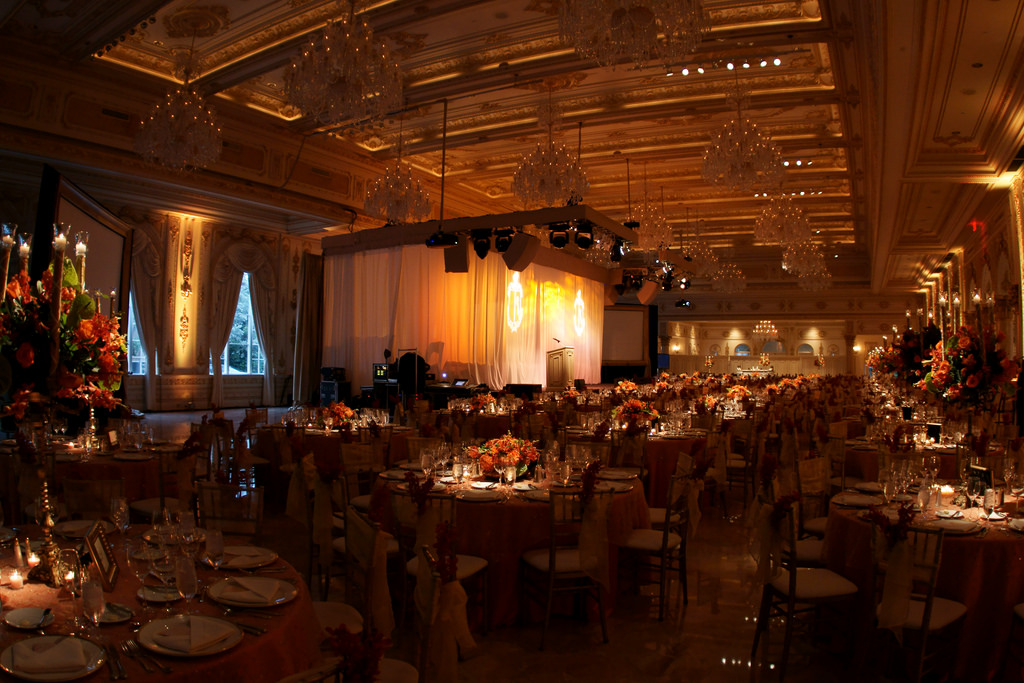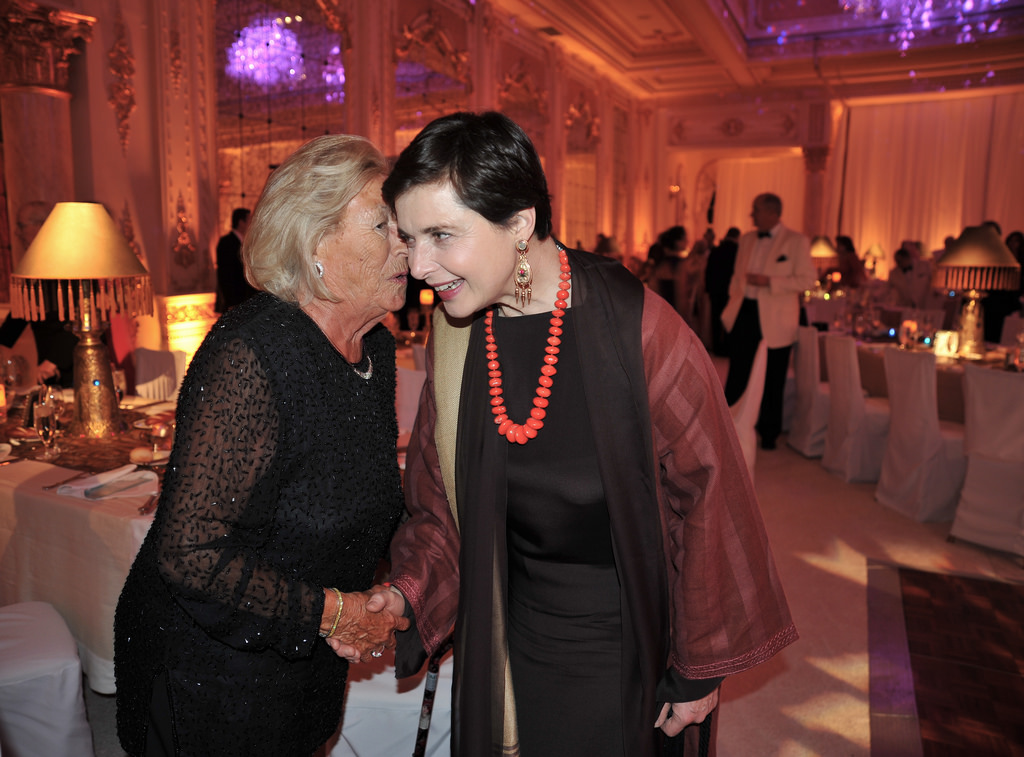No, You Didn't Earn It
you acquired it through connections and privileges
An Introduction to Pierre Bourdieu
on Social and Cultural Capital
Introductory Videos on Bourdieu
|
|
|
David Brooks (NY Times Columnist) on Bourdieu
The Struggle for Cultural and Social PowerHis great subject was the struggle for power in society, especially cultural and social power. We all possess, he argued, certain forms of social capital. A person might have academic capital (the right degrees from the right schools), linguistic capital (a facility with words), cultural capital (knowledge of cuisine or music or some such) or symbolic capital (awards or markers of prestige). These are all forms of wealth you bring to the social marketplace. The Symbolic Warfare of TrumpBourdieu helps you understand what Donald Trump is all about. Trump is not much of a policy maven, but he’s a genius at the symbolic warfare Bourdieu described. He’s a genius at upending the social rules and hierarchies that the establishment classes (of both right and left) have used to maintain dominance. |
Competing with Others in the Symbolic MarketplaceEvery day, Bourdieu argued, we take our stores of social capital and our habitus and we compete in the symbolic marketplace. We vie as individuals and as members of our class for prestige, distinction and, above all, the power of consecration — the power to define for society what is right, what is “natural,” what is “best.” |
The Place of Bourdieu in Contemporary Sociology:
The Myth of Meritocracy, A BBC Podcast
Three Key Ideas in Bourdieu
Excerpts from Article on Bourdieu in Social Theory Re-Wired
Cultural Capital
"Bourdieu’s concept of cultural capital refers to the collection of symbolic elements such as skills, tastes, posture, clothing, mannerisms, material belongings, credentials, etc. that one acquires through being part of a particular social class. Sharing similar forms of cultural capital with others—the same taste in movies, for example, or a degree from an Ivy League School—creates a sense of collective identity and group position (“people like us”). But Bourdieu also points out that cultural capital is a major source of social inequality. Certain forms of cultural capital are valued over others, and can help or hinder one’s social mobility just as much as income or wealth." (from Social Theory Re-Wired, retrieved 4/7/2018)
Habitus: Habits, Skills, Dispositions, and Tastes
"Habitus is one of Bourdieu’s most influential yet ambiguous concepts. It refers to the physical embodiment of cultural capital, to the deeply ingrained habits, skills, and dispositions that we possess due to our life experiences.
Habitus also extends to our “taste” for cultural objects such as art, food, and clothing. In one of his major works, Distinction, Bourdieu links French citizens’ tastes in art to their social class positions, forcefully arguing that aesthetic sensibilities are shaped by the culturally ingrained habitus... Upper-class individuals, for example, have a taste for fine art because they have been exposed to and trained to appreciate it since a very early age, while working-class individuals have generally not had access to “high art” and thus haven’t cultivated the habitus appropriate to the fine art “game.” The thing about the habitus, Bourdieu often noted, was that it was so ingrained that people often mistook the feel for the game as natural instead of culturally developed. This often leads to justifying social inequality, because it is (mistakenly) believed that some people are naturally disposed to the finer things in life while others are not." (from Social Theory Re-Wired, retrieved 4/7/2018)
Fields
"Bourdieu understood the social world as being divided up into a variety of distinct arenas or “fields” of practice like art, education, religion, law, etc., each with their own unique set of rules, knowledges, and forms of capital. While fields can certainly overlap—education and religion, for example, overlap in many religiously-based colleges and universities in the United States—Bourdieu sees each field as being relatively autonomous from the others. Each field has its own set of positions and practices, as well as its struggles for position as people mobilize their capital to stake claims within a particular social domain." (from Social Theory Re-Wired, retrieved 4/7/2018)
Clips from Documentary on Bourdieu
(Sociology as a Sport)
|
|
|
|
Cultural Capital Conveys "Prestige"

A Theological Addendum
Jay McDaniel
Open Horizon (process) thinking recognizes that we live in a world filled with radical contingency. What happens in life is not the result of a cosmic script written in advance by a divine playwright, but rather the result of chance decisions (conscious and unconscious) made by human beings and the happenings of the natural world. Much but not all is a competition for power of a negative kind: one-sided power-over. Additionally, we Open Horizon thinkers believe that our own embodied minds are shaped, not by abstract ideas alone, but more deeply by images and symbols that we present to one another and relationships we have with each other: that is, by social and cultural capital. Images and symbols function as tools for power, as symbolic currency. On these matters we are in full accord with Pierre Bourdieu, and are grateful for the seminal insights he presents to us and others.
We likewise believe that there dwells within the universe a lure toward justice, toward respect for all people and the natural world, which is violated by the social inequalities that plague our society. And we believe that the kind of power into which we are invited is persuasive not coercive, cooperative not competitive. Some of us see this lure as the very presence of the embodied mind of the universe, namely God. God is not all-powerful and God aims for the world require our cooperation for their fulfillment. We are, as it were, theistic Bourdieusians.
Bourdieu on Theology
However, and importantly, we seek social currency for these ideas, and we can well be criticized for being involved in the same kinds of power plays as others. And we best recognize that our own convictions, and the practices they entail, unfold within what Bordieu would call a field that is all too often insufficiently critical of its own assumptions and power plays. Our ideas and practices are themselves socially situated, and Bourdieu can help us appreciate that. Bordieu has a relatively negative understanding of this field. As T. Howland Sanks, SJ, explains in Homo Theologicus: A Reflexive Theology (with the help of Pierre Bourdieu) *
Jay McDaniel
Open Horizon (process) thinking recognizes that we live in a world filled with radical contingency. What happens in life is not the result of a cosmic script written in advance by a divine playwright, but rather the result of chance decisions (conscious and unconscious) made by human beings and the happenings of the natural world. Much but not all is a competition for power of a negative kind: one-sided power-over. Additionally, we Open Horizon thinkers believe that our own embodied minds are shaped, not by abstract ideas alone, but more deeply by images and symbols that we present to one another and relationships we have with each other: that is, by social and cultural capital. Images and symbols function as tools for power, as symbolic currency. On these matters we are in full accord with Pierre Bourdieu, and are grateful for the seminal insights he presents to us and others.
We likewise believe that there dwells within the universe a lure toward justice, toward respect for all people and the natural world, which is violated by the social inequalities that plague our society. And we believe that the kind of power into which we are invited is persuasive not coercive, cooperative not competitive. Some of us see this lure as the very presence of the embodied mind of the universe, namely God. God is not all-powerful and God aims for the world require our cooperation for their fulfillment. We are, as it were, theistic Bourdieusians.
Bourdieu on Theology
However, and importantly, we seek social currency for these ideas, and we can well be criticized for being involved in the same kinds of power plays as others. And we best recognize that our own convictions, and the practices they entail, unfold within what Bordieu would call a field that is all too often insufficiently critical of its own assumptions and power plays. Our ideas and practices are themselves socially situated, and Bourdieu can help us appreciate that. Bordieu has a relatively negative understanding of this field. As T. Howland Sanks, SJ, explains in Homo Theologicus: A Reflexive Theology (with the help of Pierre Bourdieu) *
“Influenced by Marx and Weber, Bourdieu considers the religious field as a “system of religious beliefs and practices as the more or less transfigured expression of the strategies of different categories of specialists competing for monopoly over the administration of the goods of salvation and of the different classes interested in their services.”33 Or, in Swartz’s formulation, a religious field is a situation in which “a group of religious specialists is able to monopolize the administration of religious goods and services. Religious capital is a power resource, since it implies a form of ‘objective dispossession’ by the constitution of a ‘laity’ who by definition are those without, yet in need of the valued resources controlled by specialists.”34 For Bourdieu, religion provides symbolic legitimation for the otherwise arbitrary structure of social and economic relations of a society. It adds symbolic reinforcement to the material conditions of existence by masking or disguising them as of ultimate or divine origin. Religion is “misrecognition” par excellence. The religious field is also a competition of specialists and laypersons as well as competition between opposing specialists within it. This competition provides the dynamic of the field, enabling the transformation of religious ideology. Following Weber, Bourdieu argues that, in addition to the laity, the major players in the field are priests and prophets. The priests maintain the practices and ideology of the religious institutions (his prime analogue was the medieval Catholic Church), and the prophets challenge the status quo. Thus, there are rivalries for spiritual authority within the religious field, and they establish a relatively autonomous subfield of scholars, the theologians. Bourdieu calls these subfields “clerical schisms,” wherein scholars seek intellectual distinction in the domain of doctrine and dogma.”
Truth be told, we do not see the religious field as a competition of specialists and laypersons, but as something more like sociology: a practice inwardly inspired by a desire for social justice and willing to critique anything (including ourselves) that inhibits its realization. However, the point of the page above is not to argue with Bourdieu. It is to introduce in a very simple way a few of the ideas of Bourdieu that an indeed bring clarity, and also humble confusion, to a very troubled, uneven world that so often falls short of the better ideals of the world we seek: beloved community with ecology added.
Truth be told, we do not see the religious field as a competition of specialists and laypersons, but as something more like sociology: a practice inwardly inspired by a desire for social justice and willing to critique anything (including ourselves) that inhibits its realization. However, the point of the page above is not to argue with Bourdieu. It is to introduce in a very simple way a few of the ideas of Bourdieu that an indeed bring clarity, and also humble confusion, to a very troubled, uneven world that so often falls short of the better ideals of the world we seek: beloved community with ecology added.
